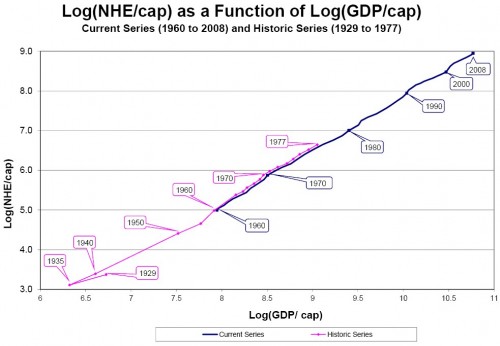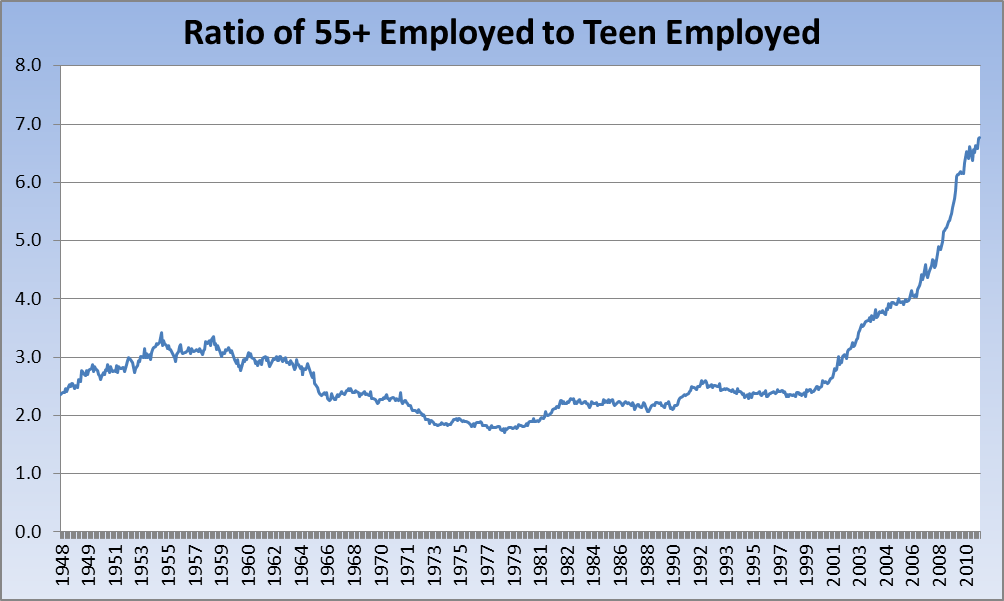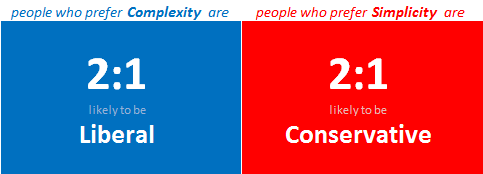If you look at newspapers and TV stations as mere businesses, not as public institutions with unique ethical standards, then you’ll notice a few things very quickly. One is that the Edward R. Murrow model of responsible news is kind of a sucky commercial product. Nobody who is in it for the money is going to ride that horse voluntarily.
The other is that the converse to the Murrow model is resoundingly true: that such things as hatred, resentment, narcissism, fear, secret lusts, and, yes, Schadenfreude have limitless markets, and businesses based upon sales of those things can compete with anything, from investment banking to consumer retail to drug trafficking. People will not stop what they’re doing to listen to a lecture about the dangers of dioxin poisoning, or corruption in Pentagon contracting. But they will stop to gawk at a headless body hanging out of the windshield of a wrecked car.
This was the basic insight that propelled Murdoch to his fortune.
If health is a luxury good, why should we expect the health spending trajectory to change?
The chart shows that on a log-log scale, the relationship between per capita national health expenditures and per capita GDP is ram-rod straight and has been since 1935.* Based on several statistical tests, Woodward and Wang conclude that there are
no significant changes in either the intercept or the slope for the years of any of the major reforms of the period, including the introduction of Medicare and Medicaid in 1966, in the years following Nixon’s Wage and Price Controls and the health planning legislation of the early 1970s, in the years following Medicare’s introduction of the Prospective Payment System in 1984, or after the widespread adoption of managed care in the 1990s.
With such overwhelming evidence from our past that, despite our efforts, this national health spending curve has not bent, why do we think the future will be much different?
“He said really we ought to all start to think about things we can do rather than things we can’t.”
Here’s the ratio of 55+ Employed to Teen Employed. You may notice somethin’ happenin’ here, what it is is exactly clear — in 2001, the exact year referenced by the Journal, the first of the boomers (born in 1946) turned 55. The rest is history:
The secret of Bachmann's success is that every time you laugh at her, she gets stronger. In modern American politics, being the right kind of ignorant and entertainingly crazy is like having a big right hand in boxing; you've always got a puncher's chance.
Contradictory evidence strengthens the position of the believer. It is seen as part of the conspiracy, and missing evidence is dismissed as part of the coverup.
This helps explain how strange, ancient and kooky beliefs resist science, reason and reportage.
Americans are prone to cycles of belief in decline. The Founding Fathers worried about comparisons to the decline of the Roman republic. Moreover, cultural pessimism is very American, extending back to the country's Puritan roots. As Charles Dickens observed a century and a half ago, "if its individual citizens, to a man, are to be believed, [America] always is depressed, and always is stagnated, and always is in an alarming crisis, and never was otherwise.
To 46% of Mississippi Republicans today, federal power is horrific tyranny when it stops them from doing something they want to do. But when it stops other people from doing something they don't want them to do (helping slaves escape, marrying people of different races), they seem to have little problem with it.
The upper 1 percent of Americans are now taking in nearly a quarter of the nation’s income every year. In terms of wealth rather than income, the top 1 percent control 40 percent.
The folks over at OkCupid analyze large data sets to find surprising results, then blog about them. The latest article is about lightweight questions that correlate to something more serious you want to know. One in particular jumped out at me:
If you want to know...
Do we share the same politics?
Ask him or her...
- Do you prefer the people in your life to be simple or complex?
Because...
We were very surprised to find that this one question very strongly predicts a person's ideas on these divisive issues:
Should burning your country's flag be illegal?Should the death penalty be abolished?Should gay marriage be legal?Should Evolution and Creationism be taught side-by-side in schools?In each case, complexity-preferrers are 65-70% likely to give the Liberal answer. And those who prefer simplicity in others are 65-70% likely to give the Conservative one.
This correlation is for a nationwide dataset; it won't be as useful in places where one ideology is much more prevelant than the other. For example, in New York City there are lots of people who like simplicity and yet have Liberal politics.


